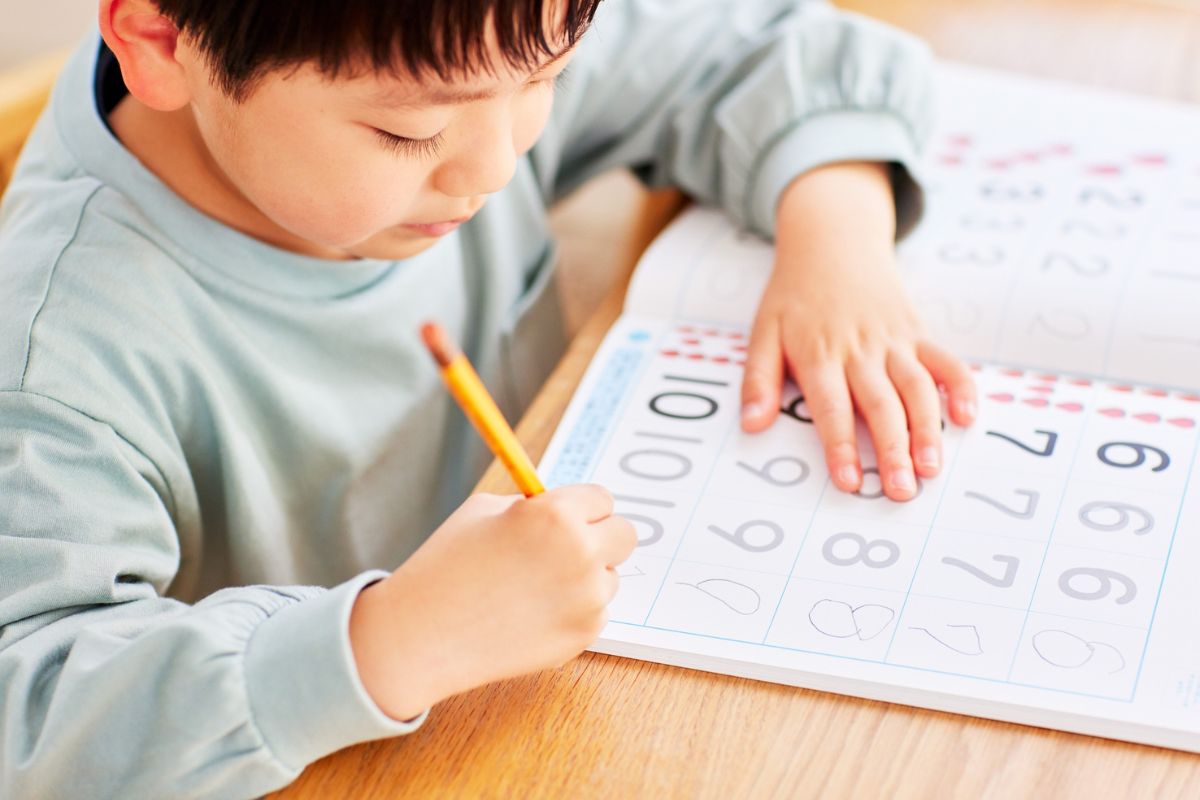The principles introduced by Maria Montessori over a century ago continue to shape today’s education system. Across many parts of the world, Montessori methods are not only found in schools bearing her name but also in modern classrooms adapting to her principles. Many educators recognize her contributions in developing more effective ways of teaching children.
How Montessori Has Impacted Modern Education
Encouraging Self-Paced Learning
One of Montessori’s biggest influences on today’s education system is the emphasis on learning at a child’s own pace. Instead of a uniform teaching method, many teachers now provide a more flexible learning environment where children can absorb concepts through experience. This approach fosters richer interactions between students and their surroundings.
Integrating Hands-On Learning
Hands-on learning materials are also more valued today. Rather than relying solely on traditional teaching methods like lectures and rote memorization, children are encouraged to explore knowledge through sensory experiences. For example, instead of teaching mathematical concepts solely through numbers on a board, students are given materials they can manipulate to fully understand each concept.
Promoting Individualized Instruction
Montessori principles highlight the importance of individualized instruction, where educators tailor lessons to match a student’s strengths and interests. Modern classrooms are incorporating differentiated instruction to better support various learning styles.
Developing Intrinsic Motivation
Rather than using external rewards, Montessori encourages students to develop a love for learning through natural curiosity. Many educators today are shifting toward intrinsic motivation strategies, fostering a deeper engagement in learning.
The Role of Environment in Learning
Creating a Structured yet Flexible Learning Space
Montessori believed that a well-structured environment serves as an essential teacher for a child. Because of this, many modern schools are adapting their classrooms to align with the natural learning process. A Montessori-inspired classroom is typically well-organized and equipped with accessible materials, allowing students to choose what they want to study at the right time.
Encouraging Independence Through Classroom Design
A key Montessori principle is designing classrooms that encourage independence. Open shelves with self-correcting materials and designated learning areas help children navigate their learning journey with minimal teacher intervention.
Fostering Peer Collaboration in Mixed-Age Classrooms
Another significant Montessori influence is the concept of mixed-age classrooms. Instead of grouping children strictly by age, many schools now integrate students of different levels to encourage collaboration. This setup allows older students to mentor younger ones, fostering peer learning and interaction.
Maximizing Learning Through Natural and Sensory Elements
Montessori classrooms often integrate natural materials, sensory-rich tools, and calming environments to enhance focus and engagement. Many modern classrooms now adopt similar practices, using lighting, textures, and nature-inspired designs to optimize learning spaces.
The Evolving Role of Teachers in Education
Teachers as Facilitators of Learning
Montessori has also transformed the role of teachers in modern schools. Rather than being the primary source of instruction, teachers now act more as guides. They not only provide information but also support students in their individual learning journeys. This method promotes independence among students, an essential skill for their future.
Encouraging Student Autonomy
A Montessori-inspired teacher nurtures self-reliance by allowing students to take ownership of their education. By offering choices and fostering decision-making, teachers help students build confidence and a sense of responsibility.
Fostering Critical Thinking and Problem-Solving
Additionally, more emphasis is placed on critical thinking and problem-solving skills rather than rote memorization. As a result, many schools incorporate project-based learning, which enables students to tackle real-world situations and discover solutions on their own.
Building Strong Teacher-Student Relationships
In Montessori education, teachers develop meaningful relationships with students by observing and understanding their learning styles. This personalized approach allows for more effective mentorship and guidance, ensuring that each child receives the support they need.
Emphasizing Social and Emotional Learning
Developing Emotional Intelligence
Another vital Montessori influence in modern education is the integration of social-emotional learning. The ability to interact with others, regulate emotions, and develop self-awareness is now considered a crucial part of education. Many schools today implement programs focusing on mindfulness, emotional intelligence, and conflict resolution to help children succeed both academically and personally.
Mindfulness and Stress Management
Montessori classrooms emphasize mindfulness techniques that help students manage stress, focus better, and develop emotional resilience. Schools are increasingly incorporating meditation and breathing exercises to enhance students’ mental well-being.
Encouraging Empathy and Cooperation
Montessori learning fosters empathy by promoting collaborative activities and open discussions. Students learn to respect differences and build strong interpersonal relationships, essential for their social development.
Positive Discipline and Intrinsic Motivation
Montessori’s positive discipline approach is also evident in modern classroom management techniques. Instead of punitive measures and rigid regulations, schools now emphasize natural consequences and intrinsic motivation. This approach helps children understand responsibility for their actions while fostering a more positive classroom environment.
The Future of Montessori in Modern Education
As the education system continues to evolve, Montessori principles remain a crucial part of teaching innovations. Technology offers new possibilities for personalized learning, and many Montessori-inspired programs are integrating digital tools to enhance self-directed learning.
Similarly, the focus on holistic development is becoming more widespread. More schools now emphasize balancing academic excellence with students’ personal growth. Montessori has paved the way for a more open and human-centered approach to education, valuing each student’s unique learning journey.
Ultimately, Montessori’s influence on modern education is not just a passing trend but a fundamental pillar in providing meaningful learning experiences. As the world continues to change, her ideas remain a guiding force in shaping a more effective, child-centered education system.
